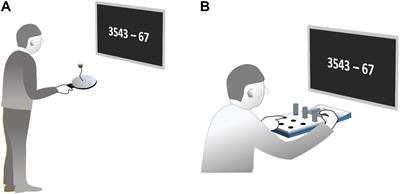EDITORIAL
Published on 30 Jul 2019
Editorial: Cognitive-Motor Interference in Multi-Tasking Research
doi 10.3389/fpsyg.2019.01744
- 1,623 views
16k
Total downloads
85k
Total views and downloads
EDITORIAL
Published on 30 Jul 2019
ORIGINAL RESEARCH
Published on 29 Mar 2019

ORIGINAL RESEARCH
Published on 06 Nov 2018
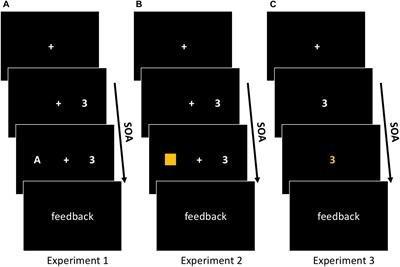
REVIEW
Published on 29 Oct 2018
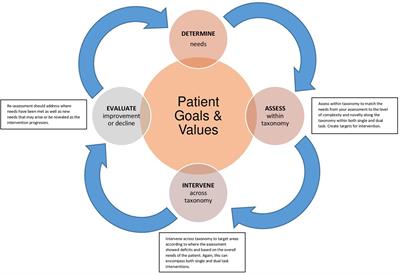
ORIGINAL RESEARCH
Published on 05 Oct 2018
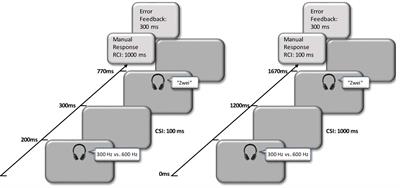
ORIGINAL RESEARCH
Published on 07 Aug 2018
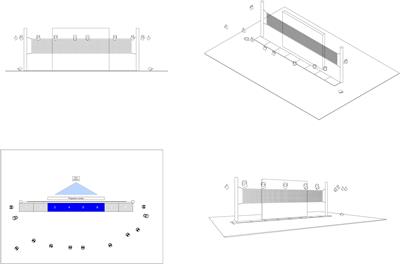
ORIGINAL RESEARCH
Published on 06 Jul 2018
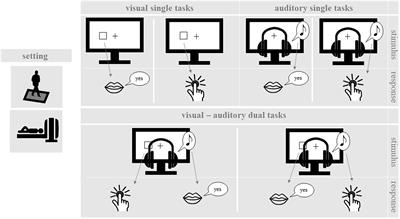
ORIGINAL RESEARCH
Published on 25 Jun 2018
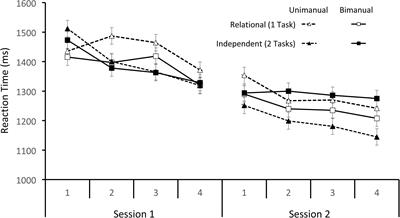
ORIGINAL RESEARCH
Published on 15 Jun 2018
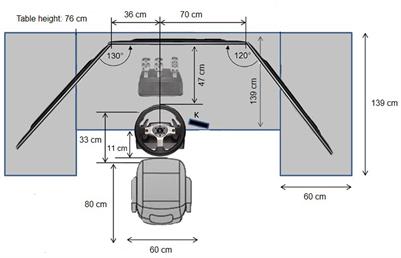
ORIGINAL RESEARCH
Published on 13 Jun 2018
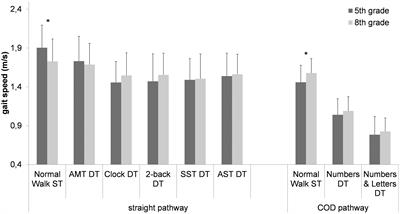
ORIGINAL RESEARCH
Published on 06 Jun 2018
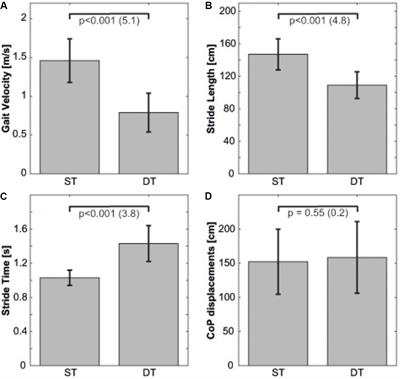
ORIGINAL RESEARCH
Published on 25 May 2018
